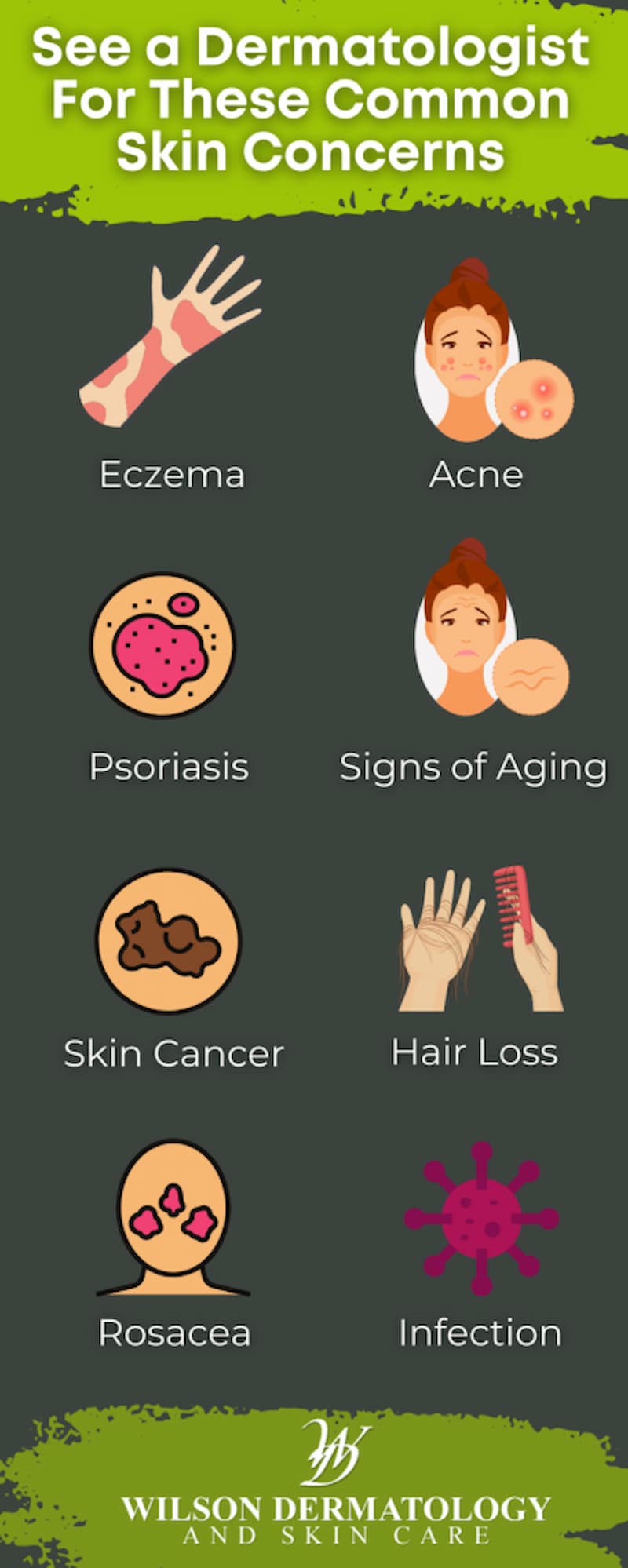Renew your skin with a chemical peel at a professional clinic.
Renew your skin with a chemical peel at a professional clinic.
Blog Article
Mohs Surgery Explained: A Secret Treatment in Dermatology for Managing Skin Cancer Cells Effectively
In the realm of dermatology, Mohs surgical treatment stands as an essential treatment for combating skin cancer cells, especially basic cell and squamous cell cancer. What specifically makes Mohs surgical procedure so reliable and just how does it add to favorable individual end results?
Understanding the Basics of Mohs Surgery
Although it may appear complicated, Mohs surgery is a specific surgical strategy utilized mostly to treat skin cancer cells. The main purpose of Mohs surgical treatment is to get rid of all cancer cells while sparing as much healthy and balanced tissue as feasible. Its precision and high success price have made Mohs surgical treatment a cornerstone in dermatology, using hope to clients worldwide.

The Treatment: Step-by-Step Failure of Mohs Surgical Treatment
While Mohs surgical procedure might seem overwhelming, understanding the detailed treatment can aid demystify the procedure. The treatment starts with the cosmetic surgeon eliminating a slim layer of visible malignant skin. This layer is then thoroughly analyzed under a microscopic lense for cancer cells. If cancer cells are detected, the cosmetic surgeon eliminates one more layer of skin and the process is duplicated. This cycle continues up until say goodbye to cancer cells are found, making sure the complete elimination of cancer cells while maintaining as much healthy and balanced skin as feasible. The injury is then closed using stitches, a skin graft, or it may be left to recover normally. Postoperative treatment is necessary to advertise healing and screen for any signs of recurrence.
The Benefits of Mohs Surgery in Skin Cancer Cells Treatment
An excellent number of individuals have actually discovered the unique benefits of Mohs surgery in their battle versus skin cancer cells. The procedure is usually done on an outpatient basis under regional anesthesia, making it less taxing on the body than even more intrusive resource surgical treatments. mohs surgery. Mohs surgical treatment provides an exceptional option for effective skin cancer cells therapy.
Possible Risks and Complications Related To Mohs Surgical Procedure
Regardless of its many advantages, Mohs surgery is not without potential threats and issues. Like all surgeries, it lugs a threat of infection, bleeding, and an unfavorable reaction to anesthesia. In uncommon instances, individuals might experience nerve damage, causing numbness or weak point in the area of surgery. There's likewise the opportunity of a reoccurrence or spread of skin cancer cells, specifically if all malignant cells were not completely gotten rid of during the treatment. Marking is another issue, as it can be recognizable depending upon the size and place of the cured area. Last but not least, the emotional impact of a skin cancer diagnosis and subsequent surgery need to not be taken too lightly, as it can bring about anxiousness and depression in some patients.
Preparing for and Recovering From Mohs Surgical Treatment: What to Expect
To make sure the very best feasible end result from Mohs surgery, patients need to effectively plan for the treatment and recognize what to anticipate throughout recovery. Preparation generally involves a comprehensive discussion with the doctor concerning the person's medical background, existing medications, have a peek here and potential allergic reactions. Some medicines may require to be quit prior to the surgical treatment to minimize blood loss. Postoperative treatment is crucial for effective more info here healing. Individuals may experience mild discomfort, redness, or swelling, which can be managed with recommended medications. They are recommended to rest, avoid exhausting tasks, and keep the medical site tidy and dry. Normal follow-ups are essential to check recovery and spot any issues early. The key to recovery holds your horses' adherence to their medical care supplier's guidelines.
Final thought

Report this page